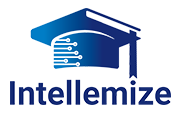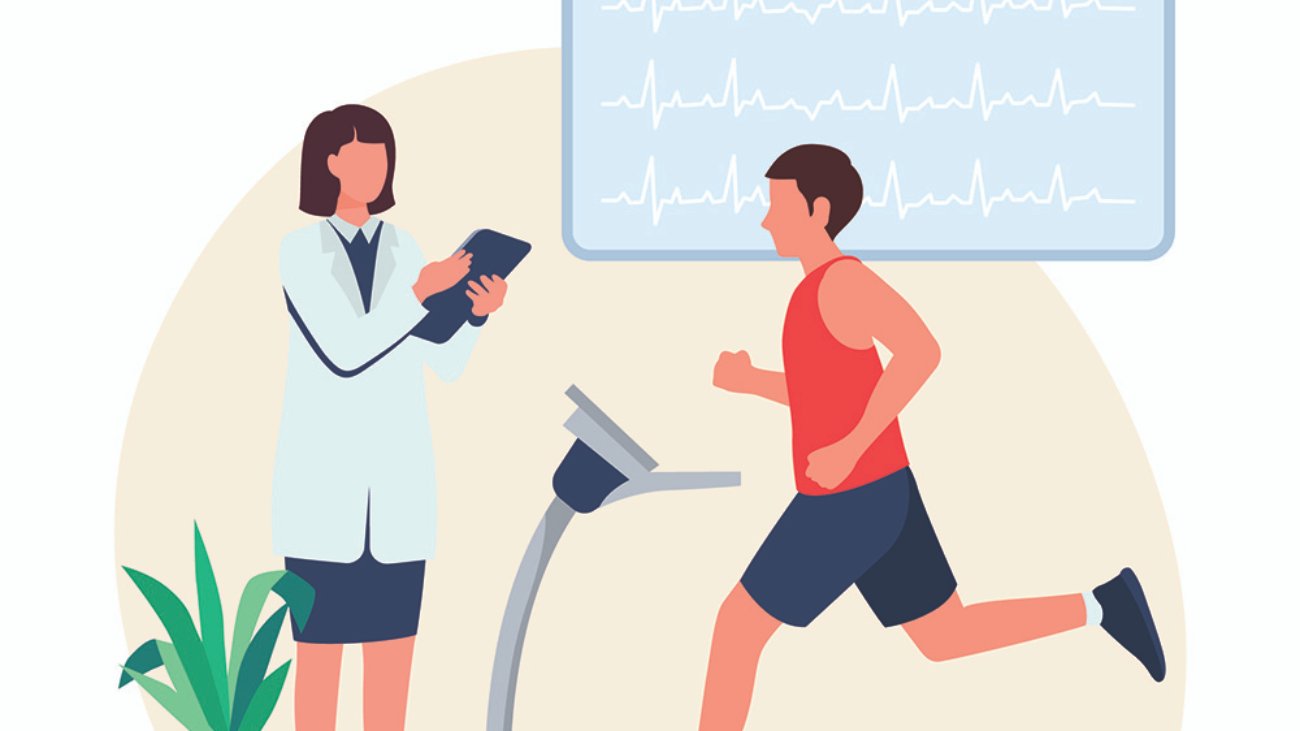The Complete Guide to Understanding and Managing Student Stress for Better Learning
Stress has a direct impact on learning ability and academic performance. This comprehensive guide explores the relationship between stress and learning, backed by scientific research and practical solutions from Intellemize’s expertise in student performance monitoring.
Understanding Student Stress
Modern students face unprecedented stress from academic pressure, social expectations, and future career concerns. When stress levels rise, cognitive function decreases, making concentrating, memorizing information, and performing well on exams harder. Our research shows that over 70% of students experience significant stress-related impacts on their studies.
How Stress Affects Your Brain
Stress triggers the release of cortisol, which can impair memory formation and recall. High stress levels reduce activity in the prefrontal cortex, the brain region responsible for learning and decision-making. Understanding these biological mechanisms helps explain why stress management is crucial for academic success.
Measuring Stress Through Technology
Modern wearable devices can track Heart Rate Variability (HRV), a key indicator of stress levels. Lower HRV typically indicates higher stress, while higher HRV suggests better stress management and improved learning capacity. Intellemize uses this data to help students identify their optimal study conditions.
Creating Your Stress Management Plan
The key to effective learning is maintaining balanced stress levels. This involves:
Regular stress monitoring using technology
Identifying personal stress triggers
Creating structured study schedules
Taking strategic breaks
Implementing relaxation techniques
Technology-Assisted Stress Management
Smart applications like Intellemize can help track stress patterns and suggest personalized interventions. The app monitors your physical indicators and provides real-time recommendations for when to take breaks, exercise, or implement stress-reduction techniques.
Long-term Benefits of Stress Management
Students who effectively manage their stress typically see improved:
Academic performance
Memory retention
Test scores
Overall well-being
Sleep Quality
Managing stress is not just about feeling better; it’s about creating optimal conditions for learning and academic success. With the right tools and knowledge, students can change stress from a barrier into something they can manage in school.





